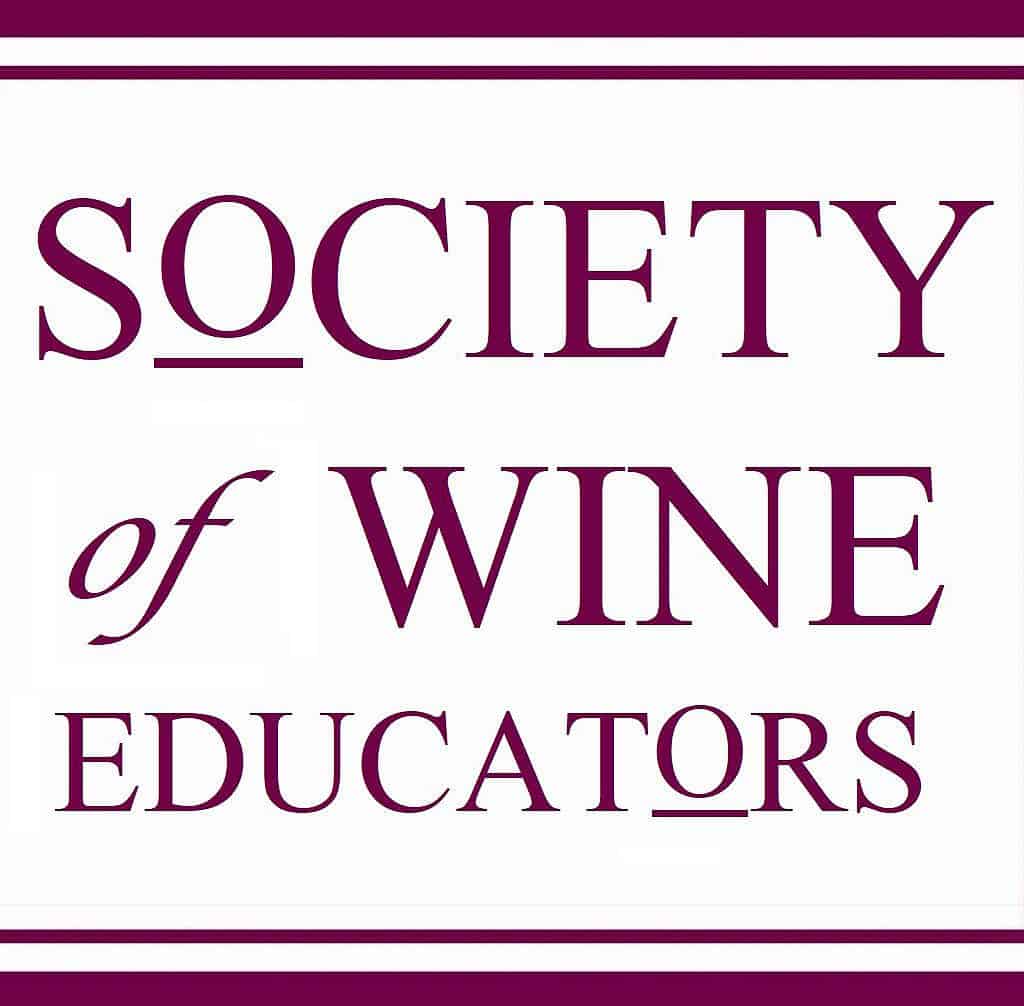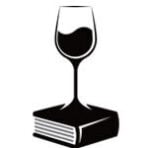Society of Wine Educators

Since 1977, the Society of Wine Educators (SWE) has played a prominent role in American wine and spirits education. Based in Washington, D.C., this nonprofit membership organization offers a suite of certifications geared toward professionals in wine, spirits, and hospitality. Their programs are widely recognized within the industry and attract students from across the supply chain—producers, distributors, retailers, and importers. But while SWE has a solid reputation, it is not without controversy.
What the Society Offers
SWE provides several certifications that cover different levels of expertise and beverage categories. These include:
Hospitality/Beverage Specialist Certificate (HBSC)
Designed for those in the culinary and hospitality industries, the HBSC covers a broad spectrum of beverages—wine, beer, spirits, sake, tea, cider, and coffee. The program focuses on responsible alcohol service, sensory evaluation, and writing tasting notes. It’s a fully self-paced online course that culminates in a multiple-choice exam with a 75% pass requirement. If students fail, they may retake the exam at no additional cost.
Certified Specialist of Wine (CSW)
This is SWE’s flagship wine certification and is highly regarded within the industry. The curriculum includes physiology of taste, wine chemistry and faults, viticulture and enology, U.S. and global wine laws, labeling regulations, and service and etiquette. Students prepare with a detailed study guide and workbook, and may join free webinars or guided online classes. The certification exam consists of 100 multiple-choice questions taken at testing centers in major cities worldwide. A passing score grants a lapel pin and the right to use the CSW post-nominal.
Certified Wine Educator (CWE)
This advanced-level certification requires candidates to first complete the CSW. Despite the name, the CWE does not offer formal teacher training. It assesses knowledge and presentation skills through a theory exam, two blind tastings, and a demonstration class. Topics include wine chemistry, faults, viticulture, wine laws, health and service, and more. A 75% pass rate is required, and many candidates purchase the CWE manual or use SWE’s recommended reading list to prepare.
Certified Specialist of Spirits (CSS)
Like the CSW, this certification focuses on comprehensive spirits knowledge. The exam covers everything from distillation and aging to flavoring and classification across various spirit categories—vodka, gin, rum, tequila, whiskey, liqueurs, and more. The exam is a 100-question multiple choice test, and a passing score grants the CSS credential.
Certified Spirits Educator (CSE)
An advanced credential for spirits professionals, the CSE goes beyond textbook knowledge. Candidates must pass tasting exams and deliver a live demonstration class. The curriculum includes fermentation, distillation, sensory analysis, mixology, and responsible alcohol service. A Responsible Beverage Alcohol Service certification is also required.
Strengths and Shortcomings
There’s no doubt SWE offers academically rigorous certifications that are respected in the wine and spirits industries. The exams test real knowledge, especially in blind tasting, theory, and presentation skills—areas where SWE arguably outperforms WSET and rivals the National Wine School.
However, the SWE’s model is based exclusively on examination. Unlike some competitors, SWE does not offer live instruction or mentorship. This lack of formal instructor training is especially problematic for the CWE and CSE programs, which purport to certify educators but do not actually teach how to teach. This gap is frequently noted by seasoned educators, many of whom believe true teaching skills can only be developed through apprenticeship and experience—not testing alone.
Questions Around Transparency and Legitimacy
While SWE positions itself as a non-profit educational institution, it is legally organized as a social club under U.S. tax code. This is not a trivial detail. In jurisdictions like Washington, D.C., where SWE is based, only approved educational institutions may confer certifications. SWE is not registered with the District’s Board of Education as a school or credentialing body. This raises concerns about the legal standing of its certifications, especially compared to groups like the WSET, CMS, or NWS, which operate under recognized educational or trade frameworks.
Further complicating matters, SWE has received poor marks from Charity Navigator, which flagged the organization for a lack of financial transparency and failure to conduct independent audits. Though this doesn’t diminish the quality of the exams themselves, it does raise ethical questions—especially since students pay considerable fees to participate in programs that are quietly shaped by a consortium of powerful corporate sponsors.
Should You Choose SWE?
If you’re seeking a respected credential to demonstrate your knowledge of wine or spirits, the CSW or CSS are solid options. These programs are content-rich and relatively accessible for self-motivated learners. For those aiming to teach, however, SWE may not be the best fit. The CWE and CSE credentials imply instructor-level authority without providing the pedagogical foundation needed to succeed in the classroom.
For aspiring wine educators, it may be worth exploring other options that include structured teacher training. For a more complete overview, see our guide to Wine Educator Certification Programs.
As the industry continues to evolve, so too will the standards for what makes a great educator. It’s our hope that SWE—an organization with decades of influence—rises to meet those expectations with more transparency, educational integrity, and a commitment to actually training the teachers it certifies.
Frequently Asked Questions
How hard is the CSW exam?
The CSW exam is considered a Level One program. While some consider it rigorous, it is not particular compared to other L1 programs.
How do I study for the CSW exam?
SWE offers study materials for a fee. Despite the expense, it is recommended that you purchase them.
What is a CSW in wine?
A CSW in wine is a Level One certification. The trademarked name is Certified Specialist in Wine.
How much does a CSS test cost?
The exam costs over $800 for non-members (and over $500 for members).
How much is the Society of Wine Educators Membership?
Membership costs at least $135 annually. The membership fee includes discounts on all exams, access to exam prep material, and the exceptional Society of Wine Educators maps.
What is the Society of Wine Educators App?
The app was launched in 2014 and offers a series of informal quizzes and tests. However, it does not offer certifications or a platform to study for the SWE exams.
Reviews
An excellent credential for those who want to teach.
Good, but Not Really Educator Training. I earned by CSE certification. It was very good as a class, but it really isn’t training to become a wine educator.
Know What You Are Getting Into. What I expected was a program to train me for running a wine school. The ins an outs of developing a syllabus for wine education seminars, some inside the inner circle type of information, pros and cons of different teaching styles, the financials of running a wine school. This isn’t that. This is just another program that requires you to memorize basic facts about wine regions.
